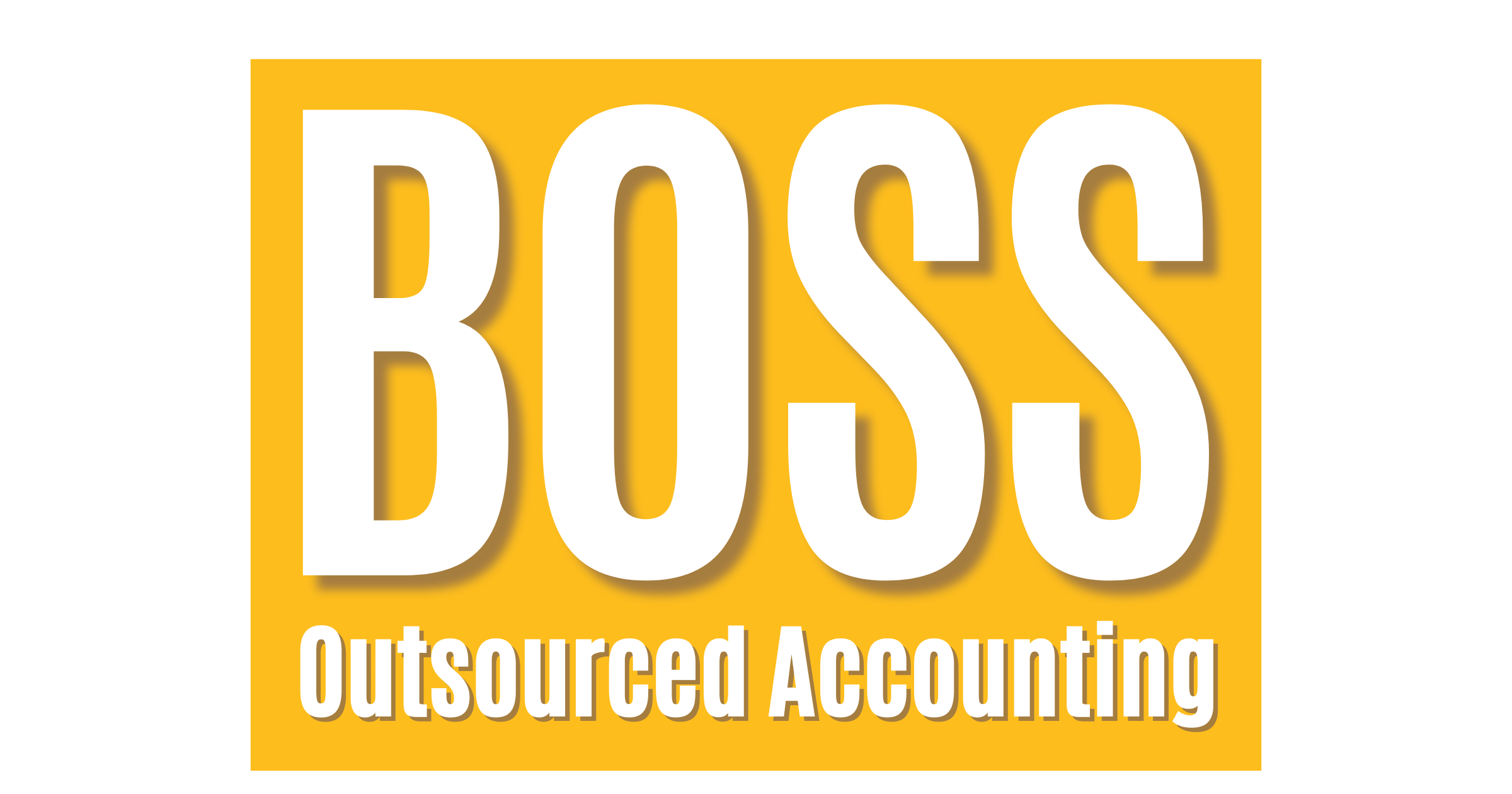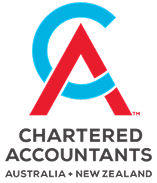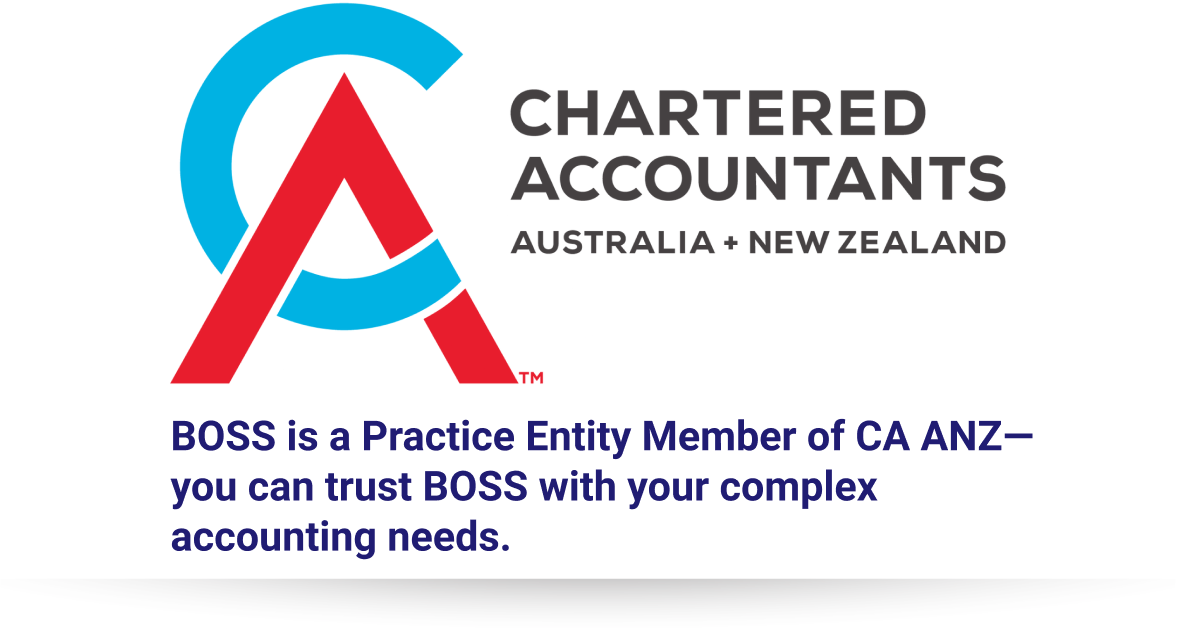The surge of data fueling new technologies is reshaping business and accounting roles and businesses.
In spite of what some experts claim, accounting will continue to thrive in the digital space of the future thanks to new technology that will allow accountants to rise to new heights.
Accountancy is going to undergo a major transformation in the coming decade thanks in large part to the rise of new technologies like machine learning and blockchain. How prepared are you for what’s to come?
You may not have given much thought to the accounting technology you apply, whether you’re a new accountant or a seasoned CPA. Unless the accounting software on which you depend is up to date with new trends, you and your firm might find yourselves behind the times within some few years’ time.
The BOSS Outsourcing Accounting Blog explores the emerging trends that are set to reshape accounting, and the new tech this is influencing them.

Accounting Technology: Present and Future
New technology are allowing for more productivity optimization in the accounting profession, which is helping to revolutionize the profession at a rapid pace. The modern accountant is not tasked with routine tasks. Accounting software is becoming increasingly automated, and accountants’ roles are shifting to that of advisors. New competencies, such as communication skills, judgment, and the ability to think critically, are needed for the contemporary accountant to fulfill the job of business advisor. In the future, accounting businesses will continue to hunt for fresh employees with these talents. Soft skills like these will always be in need, no matter how quickly the field evolves owing to new technology.
Accountants have long relied on accounting technology to make their jobs simpler. The ability of the accountant to interpret statistical data has grown along with our technological capabilities. Advances in technology have improved the accountant’s capacity to evaluate data quickly and effectively. Accountants have become the most trusted business counsel due to their increased proficiency in understanding and translating business terminology.
So, which key technologies are enabling accounting automation and redefining accountant roles? Here are some areas we see tech is disrupting the accounting profession:
1. Accounting and Cloud Computing
Cloud computing has seen a fundamental shift recently, making it an area you, as an accounting professional, must closely monitor. By 2021, global public cloud service investment is estimated to reach an 18.4% increase over 2010.
The term “cloud” has become somewhat of a catchphrase among IT experts, but what does it really mean?
As the name suggests, cloud computing is the practice of storing and accessing data digitally instead of on a computer’s internal storage. Using the cloud to access applications ensures that data can flow freely, regardless of wherever you might be or what device you’re on. Colleagues and clients can also access specific data over the cloud to facilitate collaboration and information exchange.
It’s time to refresh your understanding of the cloud-only solutions for well-known accounting software if you want to become an even more forward-thinking pioneer in your field of expertise.
When using cloud-based accounting software, a subscription is required to save and retrieve data and to use the software and tools that are available, like those for purchases, expense accounts, billing, asset tracking, and even multiple currency accounts, among other functions.
It’s easy to pick the proper cloud-based accounting subscription to fit your evolving interests as an accountant, thanks to the large number of solutions available.
2. Automated accounting technology
Automated services are now expected by clients, and accountants of all specialties are straining to match these expectations. Customers are not the only ones with this expectation. According to a poll by the Association of Certified Chartered Accountants, nearly 50% of C-level accounting executives expect automated accounting systems.
The accounting sector is on the verge of a no-coding age, which implies that there’ll be almost no data entry in the field. Although automated technology offers many advantages, it also comes with the risk of displacing people with machines.
However, are accountants’ jobs really at risk, or may they become more rewarding than ever before?
In a world where hourly billing is being phased out, your skills and expertise will become increasingly in demand. Even if you have to rethink your position as an accountant, to be a great-value virtual controller can help you maintain your career path. Virtual controllers of automated accounting technology will be in great demand.
According to some in the accounting sector, automation will make accountants’ work easier by lowering the amount of time spent on manual input and eliminating error rates. Accountants will have more time to focus on the company’s financial strategy as a result of this efficiency. Profitability may rise as a result of this.
Automated accounting applications like QuickBooks are popular, but they are merely a drop in the ocean. Professionals are able to make use of the most up-to-date technology that will identify irregularities or trends without the need for human data entry thanks to automated accounting.

3. Optical character recognition (OCR)
In accounting software, optical character recognition took off after 2016, making accountants’ work easier.
OCR software extracts text from images of printed or handwritten materials. A handwritten letter (or even a photo of a handwritten letter) can be easily scanned and converted into an electronic file, allowing professionals to instantly transmit data with clients and colleagues.
Accounting software users may now execute a quick digital search for the data they need thanks to the incorporation of OCR technology. They have the ability to digitally copy and alter data as necessary. For accountants, the nicest feature about OCR is that technology helps them to reduce hours of effort from chores such as itemizing paperwork, putting invoices in order, tracking spending, and clearing up paper clutter.
One of the best ways to land a high-paying job in accounting is to learn OCR and other emerging developments.
There are a lot of automated, cloud-based apps that use OCR, which is a good thing. Together, these accounting technology innovations have revolutionized the profession in recent years.
4. Artificial intelligence in accounting
Accounting and financial professionals can benefit from the increased productivity that artificial intelligence can provide. Allowing machines to do time-consuming, tedious and monotonous jobs is the goal of AI algorithms. As a result, financial experts will have more time to provide useful knowledge and insight rather than merely crunching figures. By optimizing operations, computers should lead to cost savings and eliminate mistakes. Using AI to automate repetitive, time-consuming operations would free up more time for finance professionals to focus on their core competencies as AI does what it does best: analyze and process vast volumes of data. Customers’ expectations of firms have shifted due to advancements in technology, and this is also true in the field of accounting. The use of artificial intelligence lets accountants operate more efficiently.
The Internet of Things (IoT) is a network of interconnected equipment and gadgets that, when combined with artificial intelligence (AI), form the intelligence of things. It is possible for these technologies to interact and work without human intervention, which has several benefits for accounting management and financial experts. Real-time ledger and transaction tracking is made possible by the intelligence of things. It is possible to detect patterns or swiftly address issues with the help of artificial intelligence. Because of this constant monitoring, accounting tasks like audits are simplified and made less daunting. Apart from that, the intelligence of things enhances inventory tracking and administration.
5. Blockchain technology
Blockchain technology is bound to transform the accounting game. Only when you understand what to do with it, can you use it to your advantage and make yourself stand out from the crowd.
For the uninitiated, blockchain technology is the decentralization and distribution of database technology. Encrypted data is protected and a transaction log is kept up-to-date by all parties. It is possible that blockchain technology, particularly in the financial industry, has the power to change whole sectors from the ground up.
Accountants and independent auditors input and verify a company’s financial information using a double-entry bookkeeping system. When it comes to blockchain, this sort of redundancy is no longer necessary, as the data are validated without any third parties. It’s a digital audit of every single transaction that’s fully automated.
People tend to retain their own records when a transaction involves numerous participants. This is a time-consuming and wasteful approach, and there are frequently concerns with the balancing of inconsistencies among records.
Companies may share a common data storage infrastructure with the help of blockchain, which employs cutting-edge encryption techniques. Thus, while each auditor, accountant, and business has a privately controlled database, it is possible for both halves of a transaction to also be documented at the very same time in one common ledger.
Parting Thoughts from the BOSS Outsourcing Accounting Blog!
If you have a good grasp of cloud computing and blockchain systems as well as automation software and artificial intelligence and OCR, you have a better chance of securing clients and a successful career.
In order for accountants to stay competitive in the accounting profession, they must welcome the constant developments in accounting technology. Additionally, they must keep abreast of the most recent technological developments, optimize and adapt their company’s existing accounting software, and be willing to learn new technologies and implement them into their daily work.
Clients of other outsourcing accounting services are compelled to follow a pre-determined set of rules. When it comes to accounting services, BOSS Outsourcing Accounting takes a more tailored approach. We go the extra mile to gain a complete picture of your business. As a result of our close collaboration with you and your team, we are able to make the most of available financial resources and uncover new business prospects for you. Learn more by contacting us.


